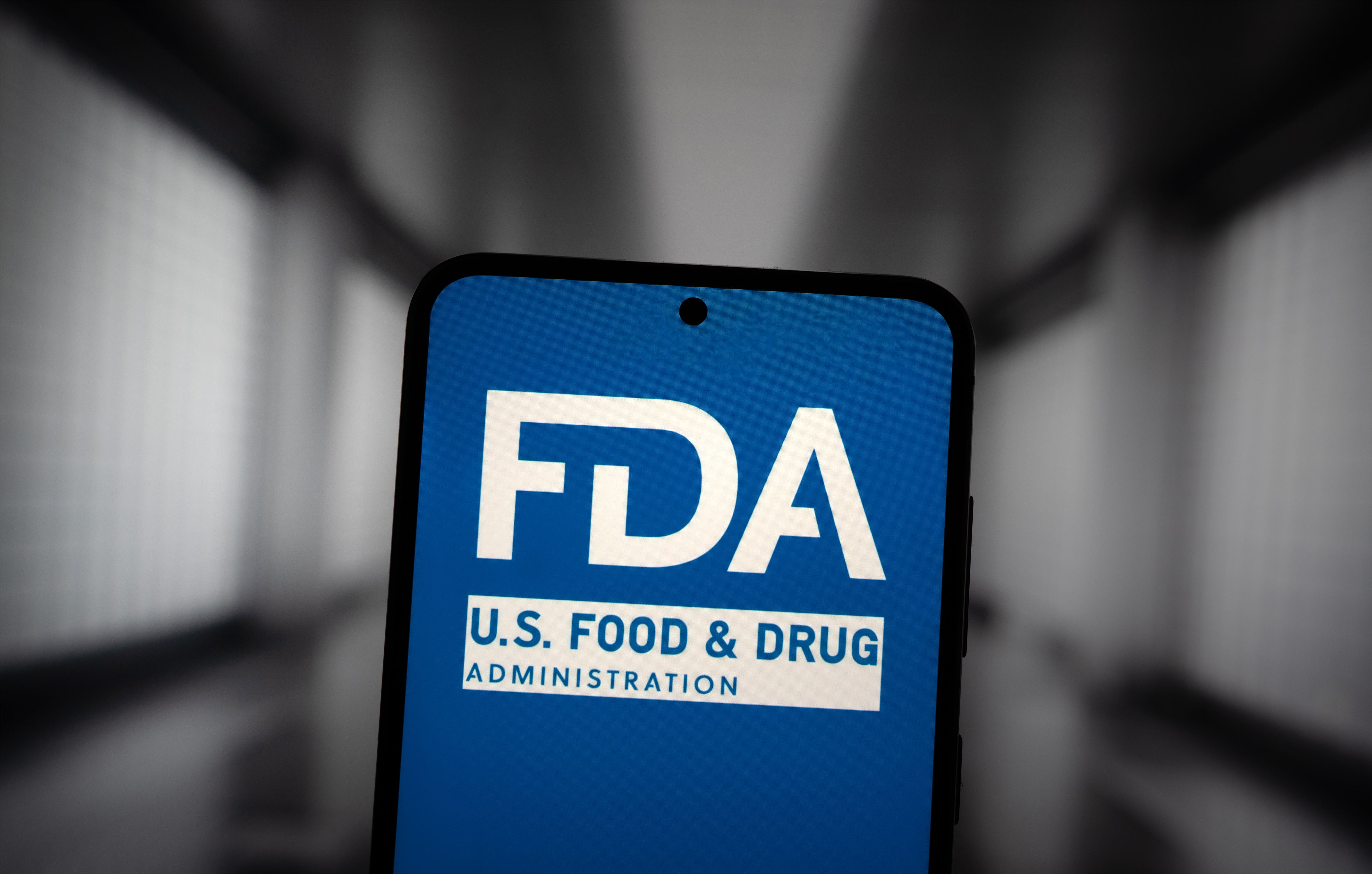
Article
Opioid-Related Marketing Influences Physician Prescribing Rates, Study Says
Author(s):
Opioid-related pharmaceutical payments were associated with an increase in the number of opioids prescribed.
Although opioid prescribing has declined nationally, a new study published in JAMA Internal Medicine found that opioid pharmaceutical marketing can impact physicians’ prescribing rates.
For the study, researchers from Boston Medical Centers’ (BMC) Grayken Center for Addiction examined opioid-related pharmaceutical payments to physicians from 2014. Payments include industry-sponsored meals, speaking fees/honoraria, education, travel, consulting fees, and education. Additionally, the researchers gathered data from Medicare Part D claims to study physicians who wrote opioid prescriptions for Medicare beneficiaries in 2015.
The researchers identified 369,139 physicians who prescribed opioids under Medicare Part D in 2015, a sample representing 43% of actively practicing physicians in the United States. According to the data, 7% of these physicians in 2014 received a total of 105,368 opioid-related pharmaceutical company payments amounting to nearly $9.1 million.
Opioid marketing in 2014 was associated with 9.3% more claims for the drugs in 2015, the researchers noted. The 3 pharmaceutical companies with the highest payment totals were INSYS Therapeutics ($4.5 million), Teva Pharmaceuticals USA ($869,155), and Janssen Pharmaceuticals ($854,251).
Of the marketing tactics used, meals comprised 92% of the payments and had a median value of $13. The researchers said that for each additional meal received, the number of opioids prescribed increased. However, despite their influence, payments from pharmaceutical companies were minimal. According to the findings, only 436 physicians (1.7%) received payments totaling more than $1000.
“These results indicate that while payments from opioid pharmaceutical companies to individual physicians are typically small in value, the impact on prescribing habits is quite large when considered across the entire workforce,” Scott Hadland, MD, MPH, lead author and addiction expert at BMC’s Grayken Center, said in a press release.
Overall, Medicare opioid claims decreased slightly between 2014 and 2015, and physicians who received no opioid-related marketing had fewer opioid claims in 2015 compared with 2014.
“State and federal authorities should improve regulation and oversight of direct to physician marketing of opioid-related products,” study senior author Brandon Marshall, PhD, associate professor of epidemiology at Brown University School of Public Health, said in the press release. “In light of our findings that even free meals influence opioid prescribing, legal limits should be placed on both the number of payments and amount of money spend on pharmaceutical opioid marketing.”
References
Hadland SE, Magdalena C, Li Y, et al. Association of pharmaceutical industry marketing of opioid products to physicians with subsequent opioid prescribing. JAMA Intern Med. 2018. doi:10.1001/jamainternmed.2018.1999
Marketing to Physicians by Opioid Pharma Companies Leads to More Opioid Prescriptions [news release]. Boston. BMC’s website. https://www.bmc.org/news/press-releases/2018/05/14/marketing-physicians-opioid-pharma-companies-leads-more-opioid Accessed May 15, 2018.
Newsletter
Stay informed on drug updates, treatment guidelines, and pharmacy practice trends—subscribe to Pharmacy Times for weekly clinical insights.
2 Commerce Drive
Cranbury, NJ 08512
All rights reserved.





